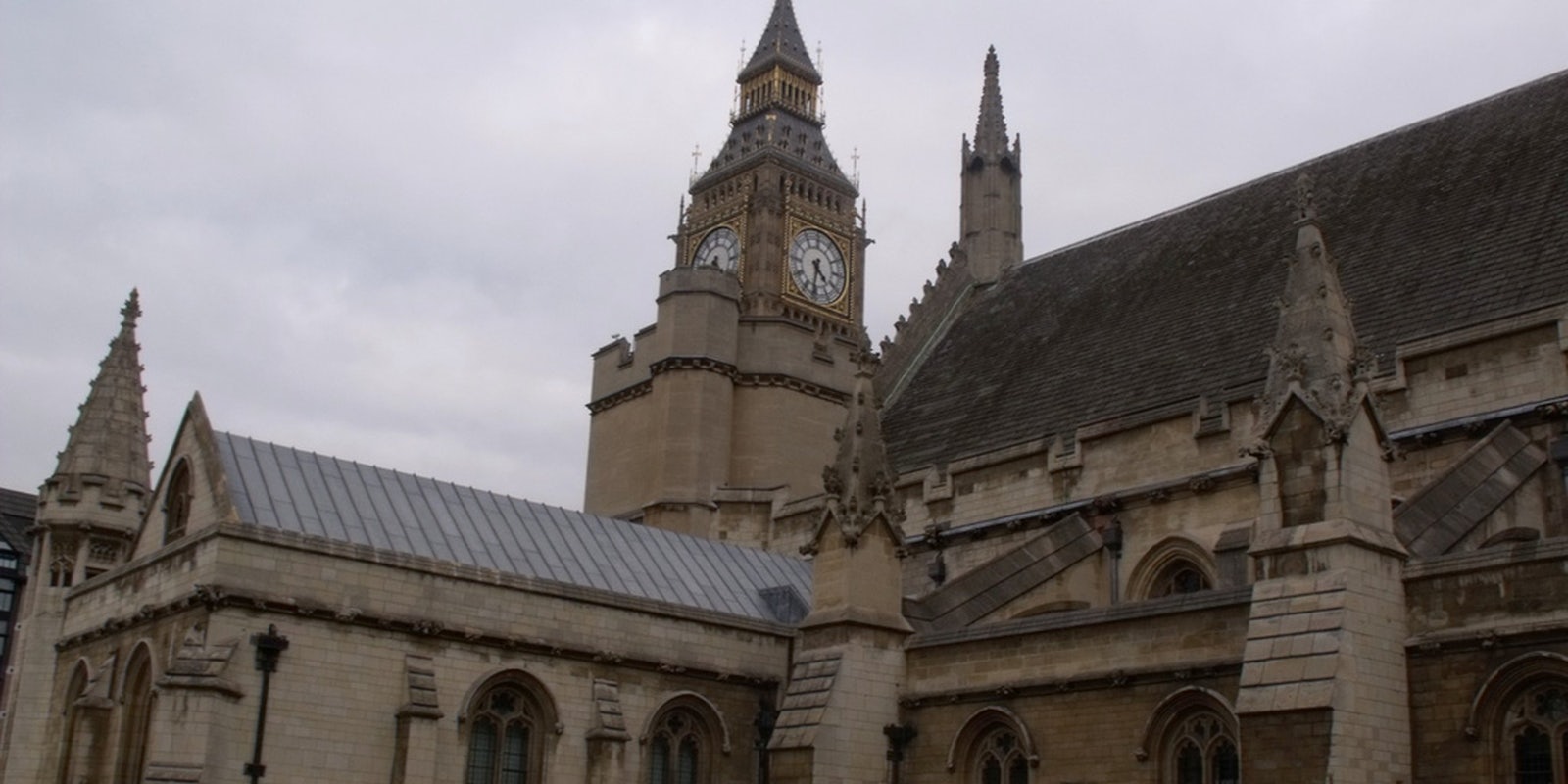The British government wants to force websites to reveal trolls’ identities.
A potential new law called the Defamation Bill was introduced to the House of Commons Tuesday. Designed to usher British defamation laws to the Internet age, it would actually provide protections for website owners, since in theory, they were previously liable for all defamatory user-generated content on their sites. And unlike under current law, under the defamation bill, citizens would have to prove in court that they “suffered serious harm” before being allowed to sue for online defamation.
Of course, this focus on website owners—actually “website operators” in the bill, a term that’s never defined—has its own problems. Sites would be “required” to reveal what they could about defamatory posters, a term that isn’t defined in the bill. Some critics see that as an implication that if a website doesn’t give up users’ information, that site’s owner will instead be held liable.
Perhaps ironically, Britain already began such a practice of using the law to reveal trolls’ identities. In a landmark decision, a British court subpoenaed Facebook in May for the identities of at least four people who allegedly created a campaign to portray a Brighton woman as a pedophile. Facebook, which has a history of obeying courts in such cases, is expected to comply.
Britain often comes under scrutiny for strongly prosecuting its citizens based on what they say online. One woman was sentenced to five months in prison for “causing alarm and distress” after her racist rant went viral. Moreover, 12 people were arrested earlier this year for posting a rape victim’s name on Twitter.
And Prime Minister David Cameron infamously said last year, of rioters who coordinated via Twitter, that government should “look at whether it would be right to stop people communicating via these websites.”
This potential legislation appears to be a step in that direction.
Photo by ell brown


